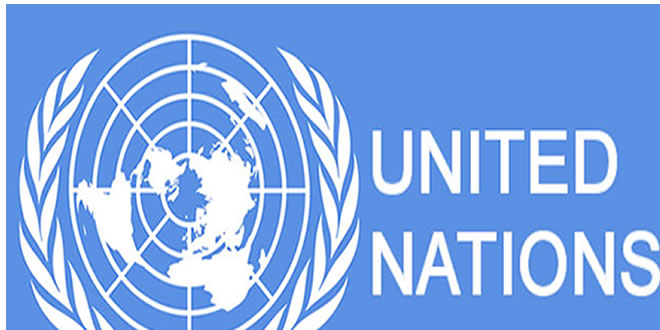As a blistering heatwave swept through southern Europe, UN High Commissioner for Human Rights, Volker Türk, on Monday issued a stark warning that the escalating climate crisis poses a serious threat to basic human rights, including the right to life.
According to the UN on its website, no corner of the globe is immune to the devastating consequences of climate change.
“Rising temperatures are fueling environmental degradation, natural disasters, weather extremes, food and water insecurity, economic disruption, conflict, and terrorism. Sea levels are rising, the Arctic is melting, coral reefs are dying, oceans are acidifying, and forests are burning. It is clear that business as usual is not good enough. As the infinite cost of climate change reaches irreversible highs, now is the time for bold collective action,”
Speaking at the UN Human Rights Council in Geneva, Türk didn’t hold back in his criticism of the fossil fuel industry. “The climate crisis is a human rights crisis,” he declared. “Rising temperatures, rising seas, floods, droughts, and wildfires threaten our rights to life, to health, to a clean, healthy and sustainable environment, and much more.”
He called out fossil fuel companies for spreading misinformation and engaging in greenwashing while continuing to profit from practices that exacerbate climate change. “Fossil fuel corporations perpetuate misinformation and disinformation, and peddle false solutions… that distract from continued damage,” he said.
The extreme temperatures hitting parts of Europe, he noted, should serve as a wake-up call to intensify climate adaptation efforts. In Paris, for example, temperatures soared to 35°C, driving people to seek relief in the shade or cool off with ice cream, as captured in images of the sweltering capital.
Türk stressed that if the global shift away from fossil fuels is poorly managed, it risks deepening inequality. “Without a just transition, the rich and powerful will benefit while the poor and vulnerable will be left behind,” he warned.
UN commissioner speaks on financial strain on developing nations
He also criticised the current state of corporate accountability, calling it “utterly inadequate,” and demanded consequences for those profiting from environmental degradation. “We must ensure that those who have caused and benefited from planetary harm pay for it,” he said.
Another key concern raised by Türk was the financial strain on developing nations. He pointed out that much of the international funding for climate action comes as loans, worsening debt burdens. “Some 3.3 billion people now live in countries that spend more on debt interest than on education or health, with a clear impact on the enjoyment of human rights,” he said. “In many emerging economies, debt repayments outweigh climate investments.”
Türk argued that international human rights law could be a powerful force in driving climate action, referencing recent landmark rulings from global courts that have clarified state obligations regarding environmental protection.
In a symbolic gesture acknowledging the heat in Geneva — where temperatures were expected to reach 33°C — the president of the Human Rights Council relaxed the usual dress code, removing his tie during the session.



